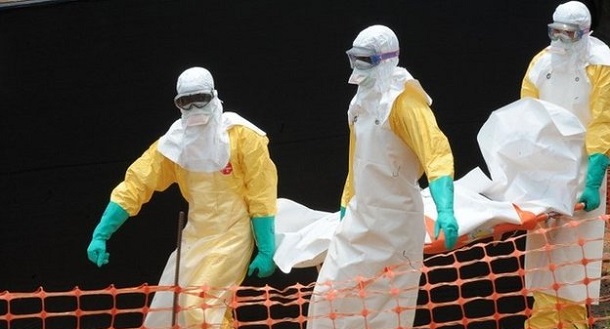The World Health Organization under the mandate of the United Nations has said that more than 100 people have been killed by the deadly Ebola Virus in the Republic of Guinea.
Health authorities in southeastern forest region of Guinea first reported the disease in late February and early March this year. It had killed 23 people then. There is no known cure or vaccine for Ebola.
The World Health Organization said it has officially recorded 157 cases with 101 deaths and said further that it was one of the most challenging Ebola outbreaks it has ever dealt with and could take another four months to contain.
Assistant Director-General of the World Health Organization, Keija Fukuda told reporters in the Swiss city of Geneva that the organization is using all possible means to stop the disease from spreading despite the challenges.
“Our expectation is that we’ll continue to see cases for some number of months, because we are dealing with Ebola, what we typically do is look and make sure that we go through a couple of incubation periods to see if the outbreak is really over.”
“We fully expect to be engaged in this outbreak for the next two to three to four months before we are comfortable that we are through it’’, Fukuda said.
Local reporters say, in the capital city of Conakry, people rarely shake hands and are advised to regularly wash their hands with bleach-diluted water.
The disease has been spreading at a faster rate in other West African nations too. In neighboring Liberia, 21 cases had been recorded with 10 deaths. Mali had reported nine suspected cases while there have been some reported cases in Ivory Coast and Sierra Leone.
Ghana was put on high alert on Monday when one person was suspected to have died from the disease in the second commercial city, Kumasi. Though laboratory test by medics said the death was not as a result of Ebola, health authorities say they are not leaving anything to chance.
Saudi Arabia has suspended visas for Muslim pilgrims from Guinea and Liberia, in a sign of the growing unease about the outbreak.
The disease was said to have mainly spread because victims had come into direct contact with the affected persons.
Ebola is a deadly fever which causes an extremely severe disease in humans and in non-human primates in the form of viral hemorrhagic fever. Symptoms include diarrhea, vomiting, high fever, general weakness, organ failure and heavy bleeding.
Health experts say Ebola is a hemorrhagic fever made up of a group of illnesses that are caused by several distinct families of viruses which result in severe multi-system syndrome, affecting the multiple organ systems in the body and damaging the overall vascular system causing the body to stop regulating itself.
Issaka Adams / NationalTurk Africa News
Writer’s Email Address: Adamsisska@googlemail.com
[adrotate group=”15″]



